- Teacher: Erin Ocon
Lewis & Clark Moodle
Search results: 2164
- Teacher: Erin Ocon
- Teacher: Erin Ocon
- Teacher: Alejandra Favela
- Teacher: Alejandra Favela
- Teacher: Alejandra Favela
- Teacher: Wei-Wei Lou
- Teacher: Erin Ocon
- Teacher: Danica Jensen Weiner
- Teacher: Alejandra Favela
- Teacher: Danica Jensen Weiner
- Teacher: Sarika Mosley
- Teacher: Karina Bruzzese
- Teacher: Alejandra Favela
- Teacher: Erin Ocon
- Teacher: Sarika Mosley
- Teacher: Alejandra Favela
- Teacher: Alejandra Favela
- Teacher: Danica Jensen Weiner
- Teacher: Sarika Mosley
- Teacher: Alejandra Favela
- Teacher: Mayra Gómez
- Teacher: Danica Jensen Weiner
- Teacher: Miriam Alsuhaimi
- Teacher: Wei-Wei Lou
- Teacher: Erin Ocon
- Teacher: Shane Burchell
- Teacher: Shane Burchell
- Teacher: Alejandra Favela
- Teacher: Erin Ocon
- Teacher: Shelly Reggiani
- Teacher: Shane Burchell
- Teacher: Shelly Reggiani
- Teacher: Shane Burchell
- Teacher: Nicole Hilton
- Teacher: Erin Ocon
- Teacher: Maureen Ray
- Teacher: Amber Tatge
This course is an exploration of the strategies, methodology, philosophy, and classroom organizational structure that have been found to benefit content and literacy outcomes for ELL (English language learner) students. Language experience, cooperative learning, and constructivist strategies are practices that will be examined and modeled during this course. Students will revisit first and second language acquisition, as well as sheltered instruction models, used to adapt curriculum for ELL students at all grade levels. The practices learned in this course ensure development of language proficiency by accessing content and cognitive language. Participants learn the use of authentic assessments that allow students to demonstrate learning in ways not dependent on high levels of English. Exploration of ELP (English Language Proficiency) standards and strategies will deepen student understanding of the relationship between oral language and content learning. Participants will experience a wide range of methodologies and reflect on how they impact student and teacher learning.
- Teacher: Erin Ocon
- Teacher: Amber Tatge
- Teacher: Yasin Tunc
- Teacher: Nicole Hilton
- Teacher: Erin Ocon
- Teacher: Shelly Reggiani
- Teacher: Erin Ocon
- Teacher: Shelly Reggiani
his or her environment. The first part of the
course focuses on cultural factors that influence
learning and their implications for instruction.
The latter part of the course examines the
involvement of significant individuals in a
child's academic programs and explores barriers to
family involvement. Introduces cross-cultural
pre-referral screening tools for gifted and
special-needs English-language learners.
Participants develop strategies for establishing
positive school, family, and community
partnerships and explore tools for combating
racism and bias in schools.
- Teacher: Karina Bruzzese
- Teacher: Erin Ocon
- Teacher: Shelly Reggiani
- Teacher: Erin Ocon
- Teacher: Erin Ocon
- Teacher: Erin Ocon
- Teacher: Erin Ocon
Apprenticeship to a mentor who works in a, classroom that requires the ESOL endorsement., Practicum may be conducted in a variety of, classrooms, such as English as a Second Language, (ESL), bilingual, or English Language Development, (ELD). Practicum interns work with individuals as, well as small and large groups to practice, teaching students who are acquiring English as a, second language. As part of the practicum,, candidates are assigned an on- site mentor and a, university supervisor. Candidates are observed, teaching two ELD/ESL lessons and two sheltered, content lessons.
- Teacher: Erin Ocon
- Teacher: Erin Ocon
Theories of how first and second languages, (written and spoken) are acquired, the importance, of first-language development and its, relationship to the acquisition of other, languages, and the relationship of language to, cognitive development. Understanding of these, issues is used to promote a school environment, that honors diverse perspectives and maximizes, language learning potential and ensures respect, for communities whose languages or varieties of, English differ from standard school English., Required for the Reading Interventionist and ESOL, endorsements. The initial course in the Reading, Interventionist Endorsement sequence and, recommended preparation for other language arts, offerings.
- Teacher: Alejandra Favela
- Teacher: Julie Frank
- Teacher: Erin Ocon
- Teacher: Nicole Hilton
- Teacher: Erin Ocon
- Teacher: Elizabeth Safran
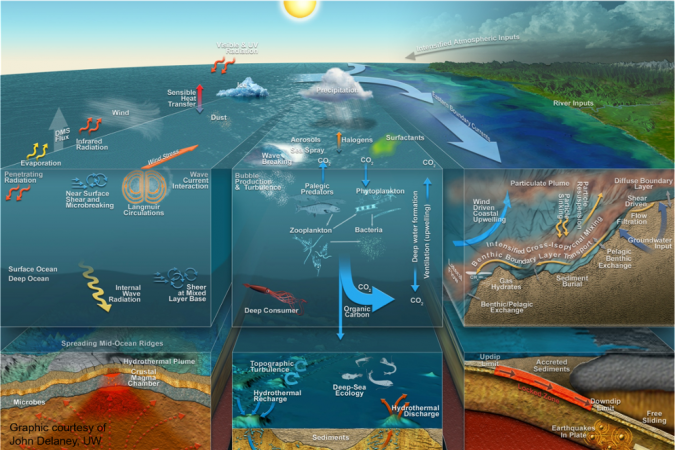
- Teacher: Jessica Kleiss

- Teacher: Elliott Young
- Teacher: Reiko Hillyer
- Teacher: Elliott Young
- Teacher: Justin Rock
sexuality in connection with race, class, and
ethnicity in the United States. Investigation of
social and cultural ideas about difference and
equality in the past and present. Materials
include literature, film, memoir, poetry, feminist
philosophy, political tracts, and queer theory, as
well as classic and recent scholarly work in
history, sociology, economics, communication,
psychology, and other fields. Topics may include
mass media and consumer culture, work, law and
social policy, family, political activism and
social movements, sexuality and the body, public
health, medical research, violence, and theories
of privilege and oppression.
- Teacher: Andrea Hibbard
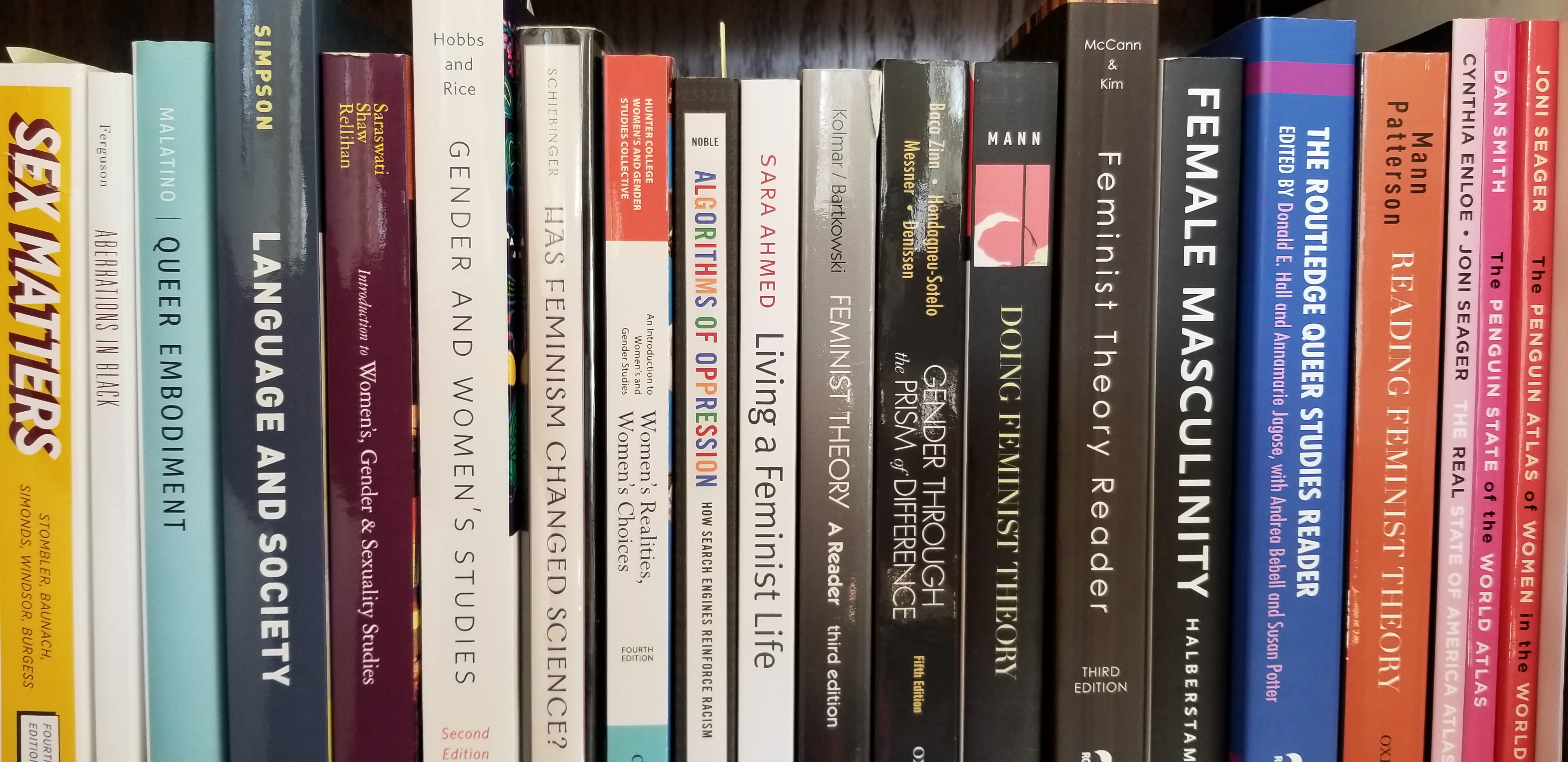
sexuality in connection with race, class, and
ethnicity in the United States. Investigation of
social and cultural ideas about difference and
equality in the past and present. Materials
include literature, film, memoir, poetry, feminist
philosophy, political tracts, and queer theory, as
well as classic and recent scholarly work in
history, sociology, economics, communication,
psychology, and other fields. Topics may include
mass media and consumer culture, work, law and
social policy, family, political activism and
social movements, sexuality and the body, public
health, medical research, violence, and theories
of privilege and oppression.
- Teacher: Kimberly Brodkin
- Teacher: Andrea Hibbard

- Teacher: Kimberly Brodkin
- Teacher: Andrea Hibbard
- Teacher: Andrea Hibbard
- Teacher: Andrea Hibbard

- Teacher: Kimberly Brodkin
- Teacher: Kimberly Brodkin
- Teacher: Andrea Hibbard
- Teacher: Kimberly Brodkin
- Teacher: Kimberly Brodkin
- Teacher: Kimberly Brodkin
- Teacher: Kimberly Brodkin
historically constituted in different times and
places. Theoretical developments in the
anthropology of gender. Cross-cultural exploration
using examples from a wide range of societies,
past and present. The relationship between
cultural definitions of gender and the social
experience of women, men, and alternative gender
roles, such as the Native American two-spirits,
the hijra of India, and global perspectives on
contemporary transgender experiences.
- Teacher: Sidra Kamran
Fall 2021 - Gender Studies
231 Genders and Sexualities in a Global Perspective
Course Description: This is a feminist anthropological approach to the study of gender and sexuality. We will read some text that take a cross-disciplinary approach within the social sciences; however, this is not a general survey course. Our approach to reading emphasizes comprehension, analysis and critique, in that order. The course pace is slow - moderate.
The course has three aims/trajectories. First, it provides a historiography of studying social difference within anthropology. Anthropologists acknowledge the changing nature of culture, society, and nation. Some material will be dated. Some is not. We are looking at how theory, debates and analyses around gender and sexuality have developed/is changing over time in the discipline and within different socio-cultural settings. The second aim picks up from there. In addition to textbooks, we will read ethnographic research article and ethnographic texts that provide historical and contemporaneous descriptions of gender identity and sexual expressions in different socio-cultural settings. Third, material from popular sources will give us respite from the academic voice.
- Teacher: Kim Cameron-Dominguez
- Teacher: Kim Cameron-Dominguez
- Teacher: Sidra Kamran
- Teacher: Kim Cameron-Dominguez
history, and creation of literature and art. The
role gender norms and constructs play in
establishing, reproducing, or contesting aesthetic
values, traditions, and hierarchies; feminist
perspectives on subjects such as the gaze, the
self-portrait, autobiography, and costume; gender
and its relationship to theories of beauty, taste,
and the body. Materials may be drawn from
literature, art, film, cultural studies, art
history, theatre, dance, and queer studies.
Emphasis on an interdisciplinary topic to be
chosen by the professor. Recent topics have
included 20th-century experimentation in novels,
films, and photography; the Victorian crisis in
gender roles from the sensation heroine and
Pre-Raphaelitism to the dandy; gender and self as
artistic and theoretical constructs from the
Enlightenment to the present.
- Teacher: Rishona Zimring
- Teacher: Andrea Hibbard
- Teacher: Erica Jensen
- Teacher: Rishona Zimring
- Teacher: Andrea Hibbard
history, and creation of literature and art. The
role gender norms and constructs play in
establishing, reproducing, or contesting aesthetic
values, traditions, and hierarchies; feminist
perspectives on subjects such as the gaze, the
self-portrait, autobiography, and costume; gender
and its relationship to theories of beauty, taste,
and the body. Materials may be drawn from
literature, art, film, cultural studies, art
history, theatre, dance, and queer studies.
Emphasis on an interdisciplinary topic to be
chosen by the professor. Recent topics have
included 20th-century experimentation in novels,
films, and photography; the Victorian crisis in
gender roles from the sensation heroine and
Pre-Raphaelitism to the dandy; gender and self as
artistic and theoretical constructs from the
Enlightenment to the present.
- Teacher: Andrea Hibbard
- Teacher: Elizabeth Safran
- Teacher: Jessica Kleiss
- Teacher: Jessica Kleiss
- Teacher: Carlye Peterson
- Teacher: Elizabeth Safran
- Teacher: Elizabeth Safran
critical readings, and discussions based on
selections from German, Swiss, and/or Austrian
literature and culture. Oral presentations,
compositions, exams, projects.
Readings are in English, and written coursework
will be submitted in English. Cross-listed with
GERM 321. May be repeated with a change of topic;
registration for subsequent sections must be done
via the registrar's office.
- Teacher: Catherine Sprecher Loverti
German literature and culture. Explores primary
texts in the context of current critical
discourses. Topic varies. Recent topics include
modernism and the city: Vienna, Paris, Berlin.
Proficiency practiced through extensive oral and
written work culminating in a research paper
written and formally presented in German. May be
taken twice for credit with change of topic.
- Teacher: Catherine Sprecher Loverti
This is where students and advisees can make appointments for office hours. If your plans change, please be sure to come back to cancel your appointment so that someone else can sign up for that slot! You can also email me at: daena@lclark.edu
- Teacher: Daena Goldsmith
political, cultural, economic, and social
developments of the United States from the
Revolutionary period through the Spanish-American
War. The themes underpinning the course will be
the contested nature of freedom and the
relationship between freedom and slavery; settler
colonialism; ideologies about manhood and
womanhood; the growth of capitalism; and the
expansion of the nation-state and the origins of
American empire. Along with attending to these
themes, the course will provide you with an
introduction to the discipline of history itself.
History is not a series of names and dates, but an
interpretive act in which we develop conclusions
based on various types of historical evidence.
- Teacher: Nancy Gallman
- Teacher: Reiko Hillyer
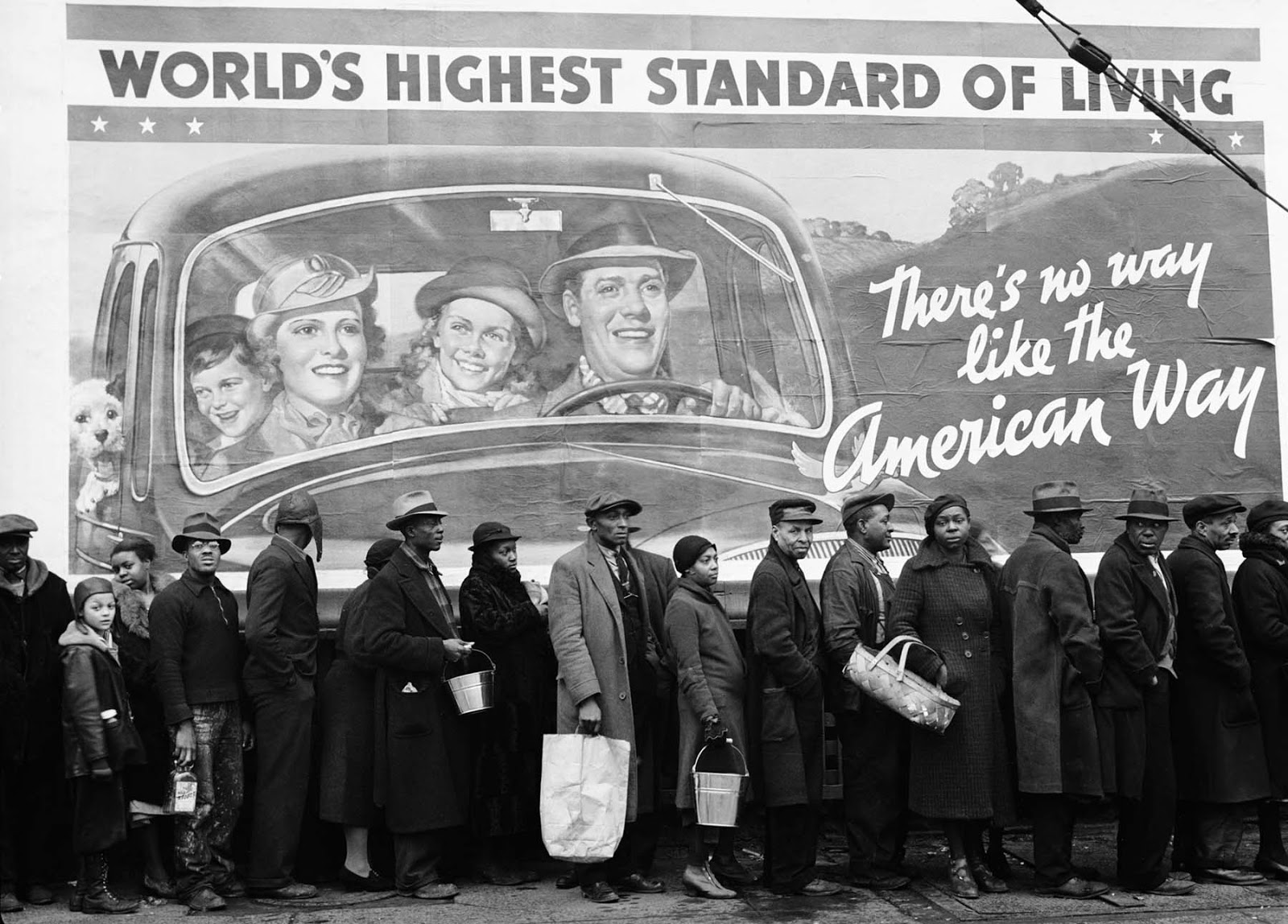
- Teacher: Stan Fonseca
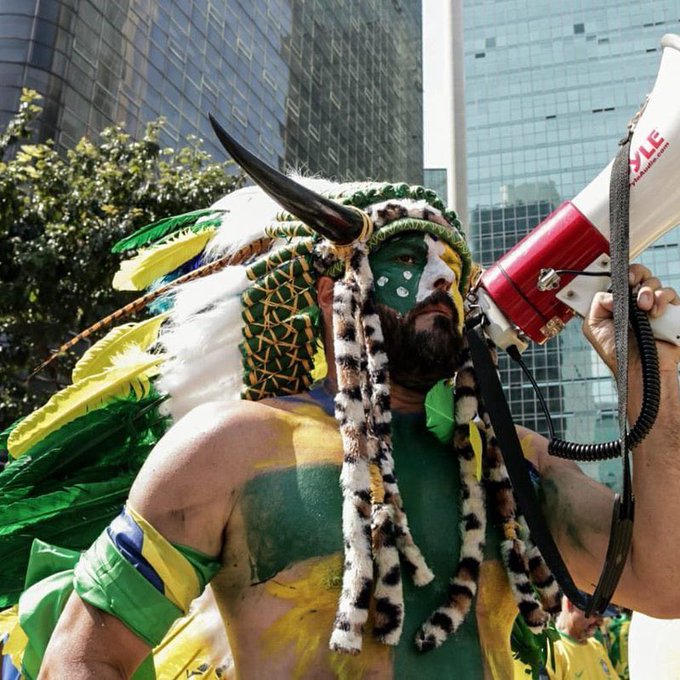
The history of modern Latin America, from independence at the beginning of the nineteenth century until the present, is one that continues to have a profound political, social and economic impact on the United States. This course will provide a context for the dizzying array of episodic news reports about the vast America that lies south of the Rio Grande. It is a survey in that we will focus on broad themes, but we will also be exploring, as much as possible, the particular experiences of individual countries and social classes. Themes that we will be investigating include nation-building, industrialization, modernization, development, indigenous rights, racism, revolution, “neo-colonial” or “dependent” relations with advanced industrialized countries, military rule, social movements and narco-trafficking.
We will begin and end the course with a discussion of more recent trends in Latin America, including the rise of neoliberalism and the concurrent re-emergence of social rebellion and populism from below.
- Teacher: Elliott Young
- Teacher: Susan Glosser
- Teacher: Susan Glosser
through 20th centuries: the "nationalities
question" that emerged from within the Habsburg
and Russian empires; multinational zones; wars;
successor states of the interwar period; the
Balkans and the Yugoslav dissolution of the 1990s;
consideration of East Europeans' membership in the
EU. Students will learn to do primary and
secondary source research and will conduct an
original research project over the course of the
semester.
- Teacher: Maureen Healy
- Teacher: Reiko Hillyer
States from the colonial period to the present,
with a focus on the 19th and 20th centuries as
influenced by class, race, and region. Topics
include the transformation of a household economy
to an industrial economy; the influence of slavery
and emancipation on the experience of women, bound
and free; women's movement into low-paid "women's
work" and their designation as the primary
consumers in a consumer society; women's
involvement in social reform; changing notions of
women's (and men's) sexuality; the conflicted
history of women's suffrage; the relationship
between ideologies of gender and imperialism;
suburbanization and the "feminine mystique"; and
the rights revolutions of the 20th century.
- Teacher: Reiko Hillyer
- Teacher: Reiko Hillyer
- Teacher: Andrew Bernstein
- Teacher: Susan Glosser
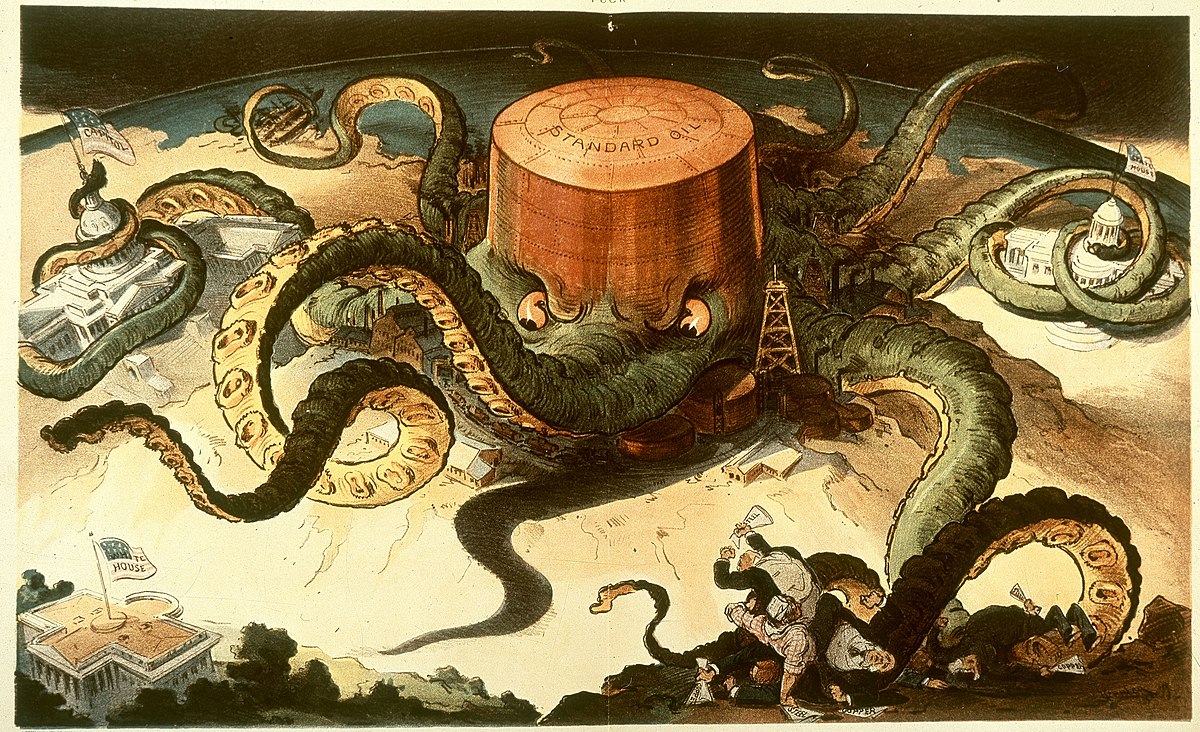
- Teacher: Stan Fonseca
- Teacher: Susan Glosser
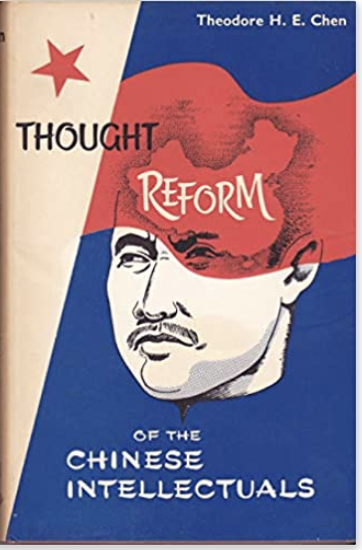
- Teacher: Susan Glosser
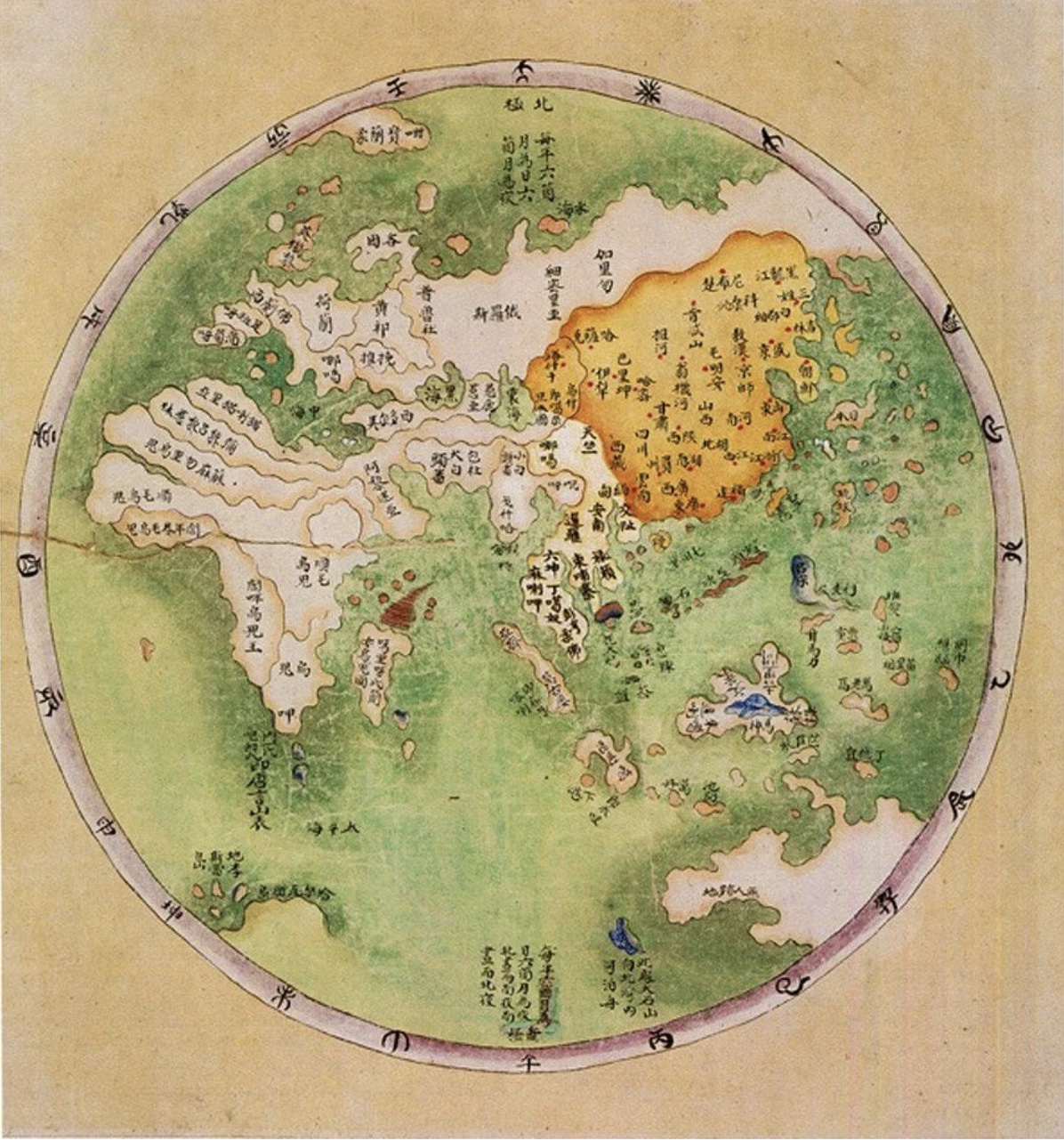
- Professor: Susan Glosser
- Teacher: Maureen Healy
- Teacher: Reiko Hillyer
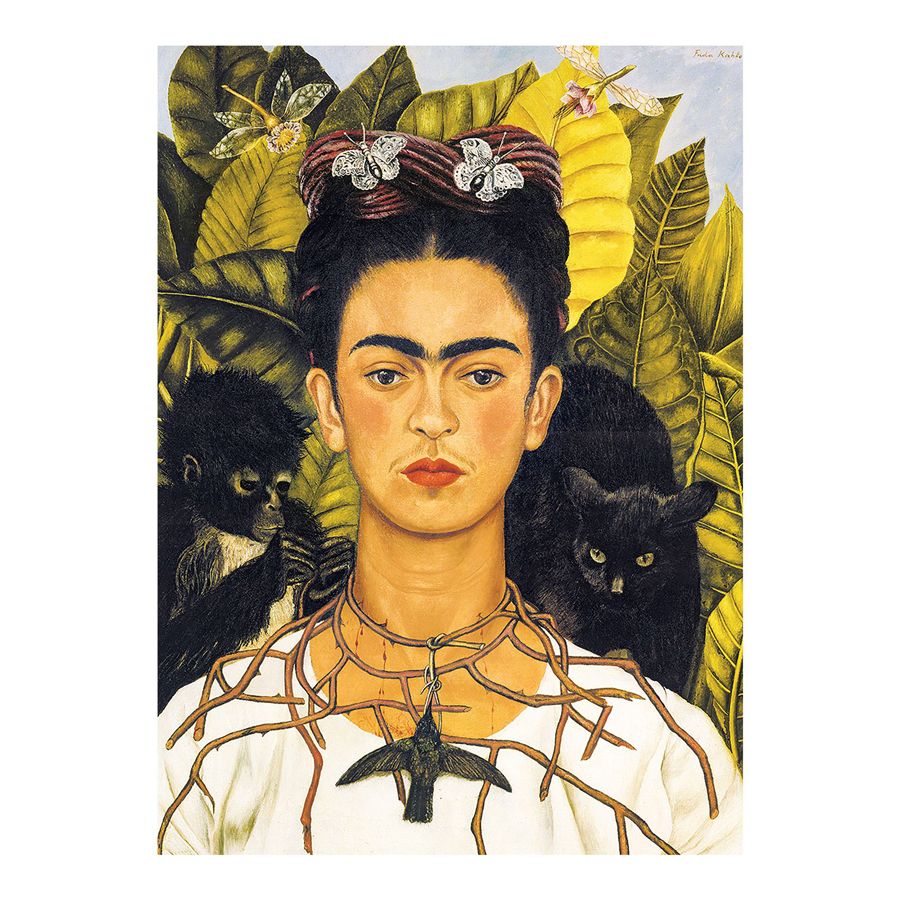
Part I- Independence and Revolution (1821-1940), explains how the Mexican State consolidated its rule and tried to foster a sense of national identity. We will focus on the crucial 34-year era of “peace and stability” under Porfirio Díaz, as well as the bloody and interminable Revolution (1910-40) that toppled his regime.
Part II- Identity and Cultural Politics takes us back to the pre-Columbian past and up to the present to ask whether there is a Mexican “essence,” and if so, what is it. We will explore post-WWII popular culture in Mexico through an examination of indigenismo, food, film, music, and political violence.
Part III- Neoliberalism, Rebellion and Political Crisis (1982- today) will investigate the period when the debt crisis, neoliberal policies, and economic crisis have fundamentally restructured Mexican society and led to the disintegration of the “old” PRI. Finally, we will end with a survey of the political scandals and armed rebellions that have rocked Mexico and led to the decline of the PRI and the destruction wrought by the Narco War.
- Teacher: Elliott Young
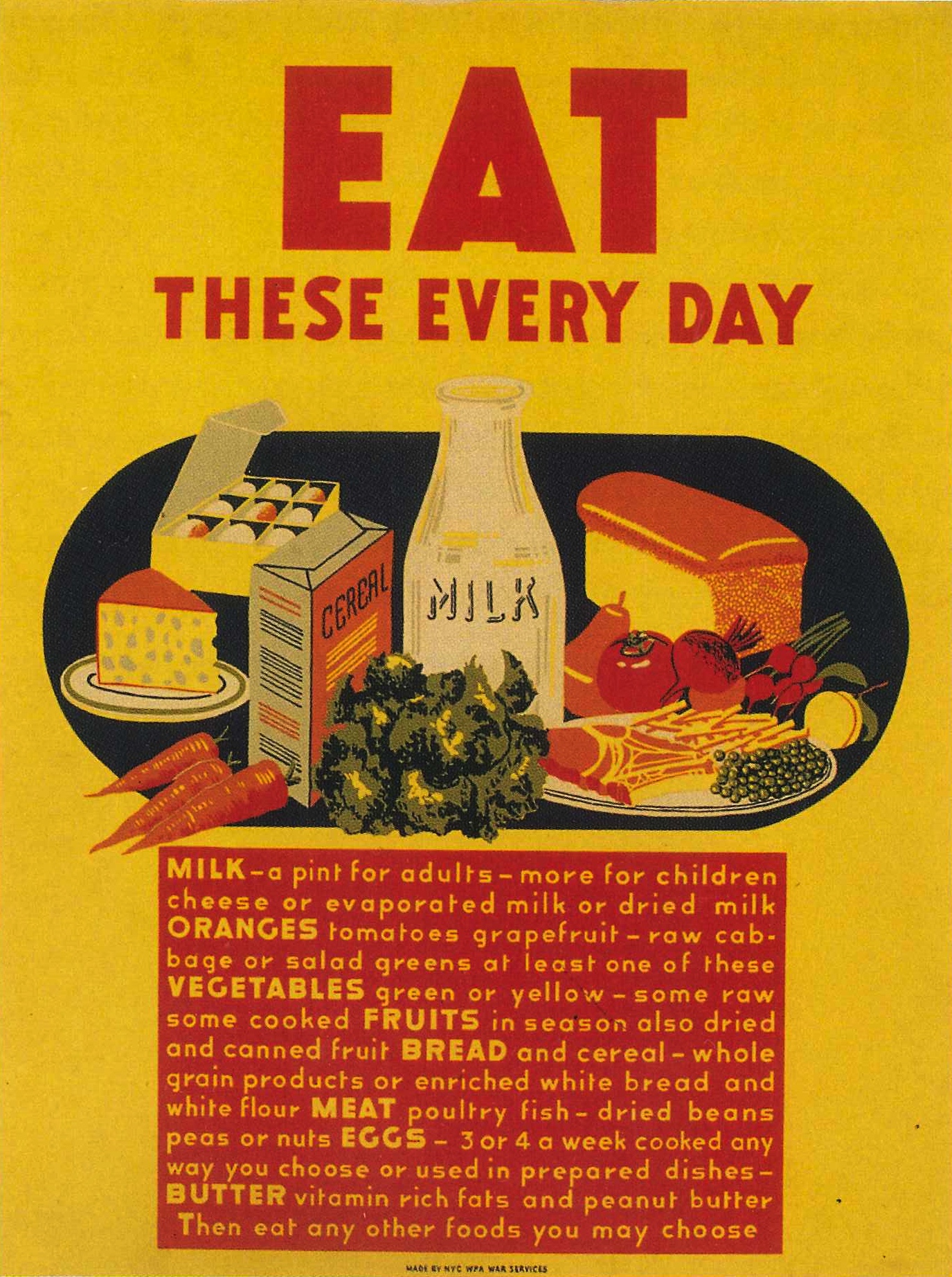
- Teacher: Susan Glosser
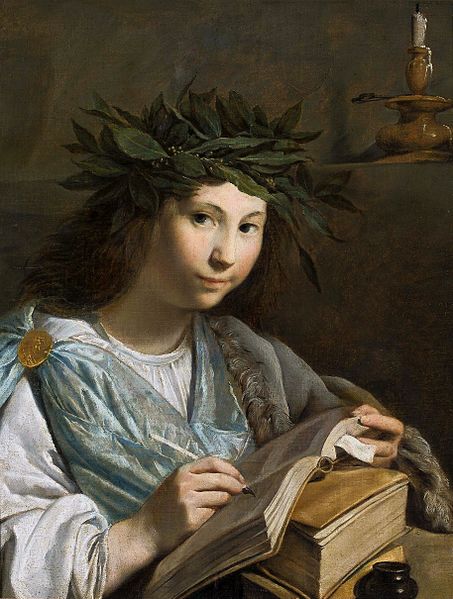
- Professor: Susan Glosser
interpretive works. Organized around themes or
problems; comparative study of historical works
exemplifying different points of view,
methodologies, subject matter. Focus varies
depending on instructor's teaching and research
area. May be taken twice for credit. Enrollment
preference given to history majors and minors.
- Teacher: Reiko Hillyer
- Teacher: Nancy Gallman
- Teacher: Lydia Loren